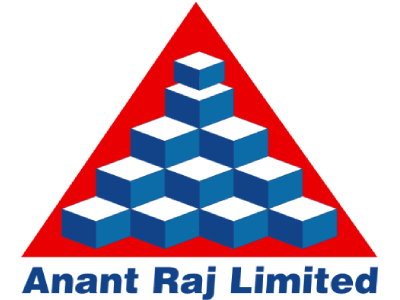Your cart is currently empty!
ROC
Registrars of Companies (ROC)
Registrars of Companies (ROC) are government offices responsible for the administration and regulation of companies within a particular jurisdiction. ROCs exist in many countries around the world and play a vital role in maintaining company records, facilitating business registration, and ensuring compliance with relevant laws and regulations.
It’s important to note that the exact structure and responsibilities of ROCs can differ between countries. Some countries may have a centralized national ROC, while others may have regional or state-level ROCs. The specific laws and regulations governing companies and their registration procedures also vary from jurisdiction to jurisdiction. Therefore, it’s always advisable to consult the relevant ROC or legal professionals in the specific country for accurate and up-to-date information.
Free Call Back by our Expert
Here are some key characteristics of a Registrars of Companies (ROC)
- Overview
- Benefit
Company Registration: ROCs are responsible for the registration of new companies within their jurisdiction. They ensure that companies comply with the legal requirements and guidelines for incorporation.
Company Records: ROCs maintain and update the official records of registered companies. These records typically include information about the company’s directors, shareholders, registered office address, articles of association, annual financial statements, and other statutory filings.
Filing and Compliance: ROCs oversee the filing of various documents and forms by registered companies. This includes annual returns, financial statements, changes in company structure, appointment or resignation of directors, and other statutory filings.
Registrars of Companies (ROCs) play a crucial role in the corporate governance and regulation of companies within a country or jurisdiction. They are government offices responsible for maintaining and administering the company registry. The benefits of having a well-functioning ROC are significant and contribute to a transparent and efficient corporate environment. Here are some of the key benefits of Registrars of Companies:
Company Registration and Incorporation: One of the primary benefits of ROCs is that they oversee the process of company registration and incorporation. They ensure that new companies comply with the legal requirements and regulations for starting a business. This process provides legal recognition to the newly formed companies, giving them a separate legal entity status.
Transparency and Public Access to Information: ROCs maintain comprehensive and up-to-date records of registered companies, including details about their directors, shareholders, and financial statements. This information is made publicly accessible, promoting transparency and allowing stakeholders, such as investors, creditors, and the general public, to access relevant data about companies.
Monitoring and Compliance: ROCs play a crucial role in monitoring and ensuring compliance with the various legal and regulatory requirements that companies must adhere to. They oversee matters related to filing of financial statements, annual returns, changes in the company’s structure, and other statutory filings.
Legal Protection and Enforcement: The existence of ROCs provides legal protection to companies and their stakeholders. They ensure that companies operate within the framework of the law and take necessary actions against non-compliant entities. This enforcement helps maintain the integrity of the business environment.
Facilitating Corporate Restructuring and Changes: ROCs manage and oversee corporate restructuring processes, such as mergers, acquisitions, and changes in the company’s capital structure. They ensure that these transactions comply with legal requirements and protect the interests of all stakeholders involved.
Promoting Investor Confidence: A well-functioning ROC enhances investor confidence in the corporate sector. The availability of accurate and updated information on registered companies allows investors to make informed decisions and assess the financial health and governance practices of potential investments.
Safeguarding Intellectual Property Rights: ROCs may also handle the registration and management of intellectual property rights related to companies, such as trademarks and copyrights. This ensures protection for businesses against unauthorized use of their intellectual assets.
Supporting Economic Development and Policy Formulation: ROCs provide valuable data and insights to governments and policymakers, assisting in the formulation of business-friendly policies and regulations. They contribute to economic development by fostering a conducive environment for businesses to thrive.
Customer Reviews
VITIKA MAKAJI
Trademark Objection
- Verified Customer
04 May 2023
Good follow up.
SWETHA D
DIN eKYC Filing
- Verified Customer
12 May 2023
Goood
HARIHARAVIJITHA M
Trademark Registration
- Verified Customer
04 May 2023
nice
VITIKA MAKAJI
Trademark Objection
- Verified Customer
04 May 2023
Good follow up.
Our Clients







